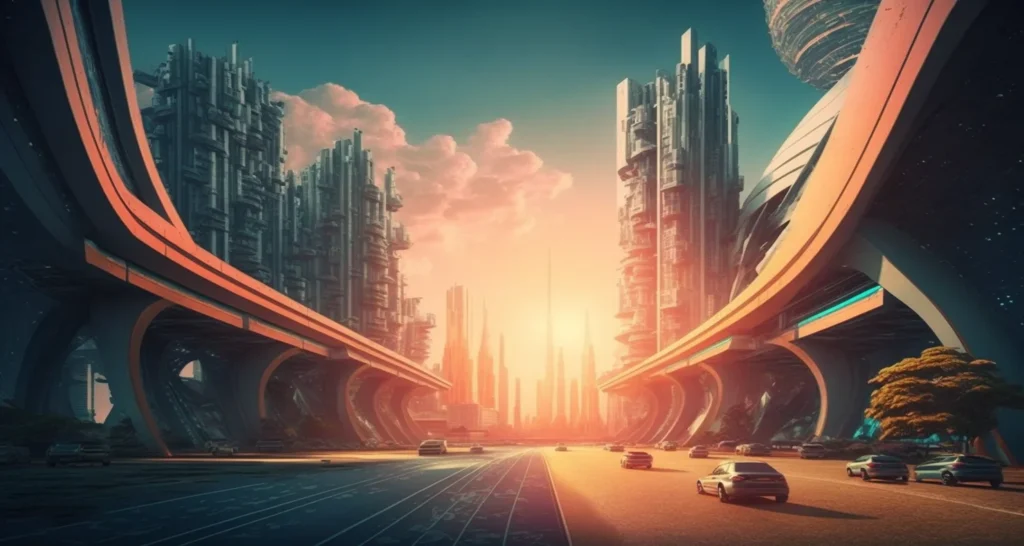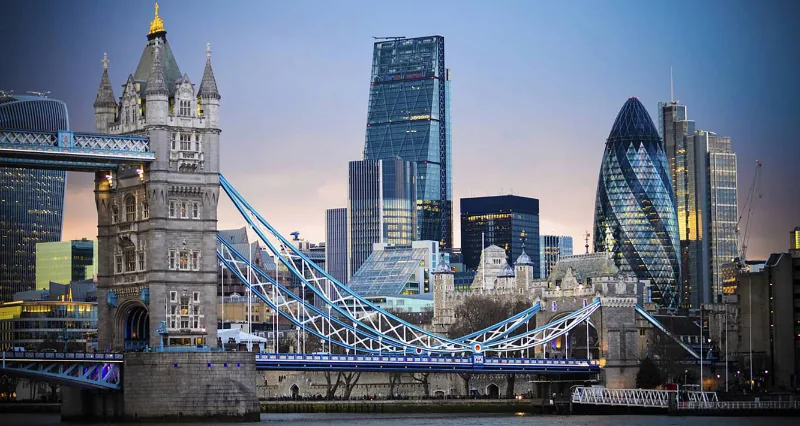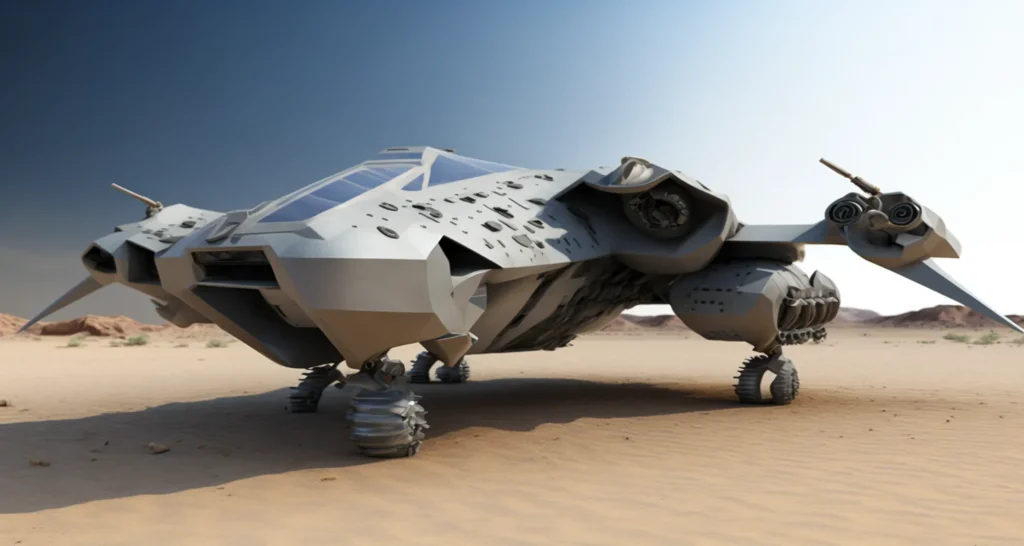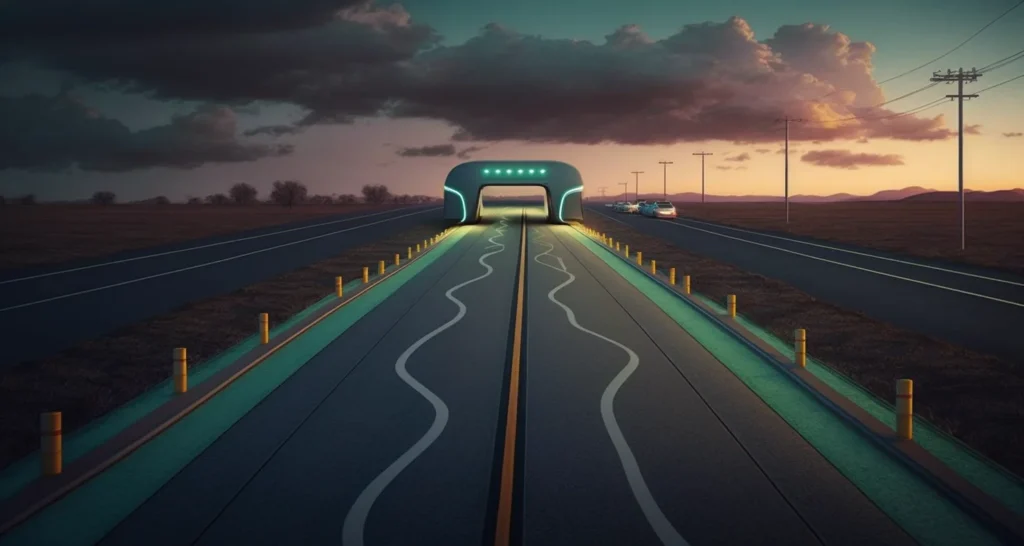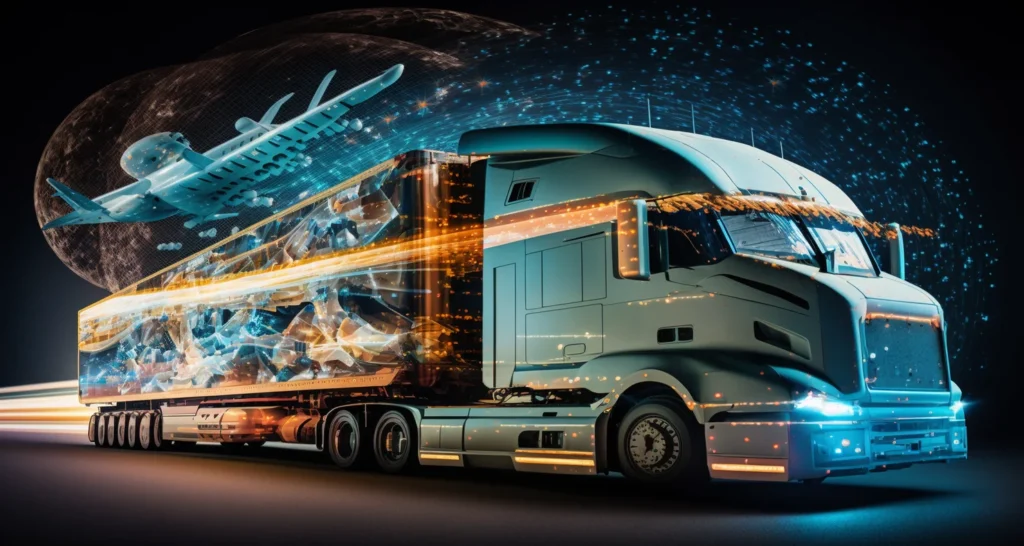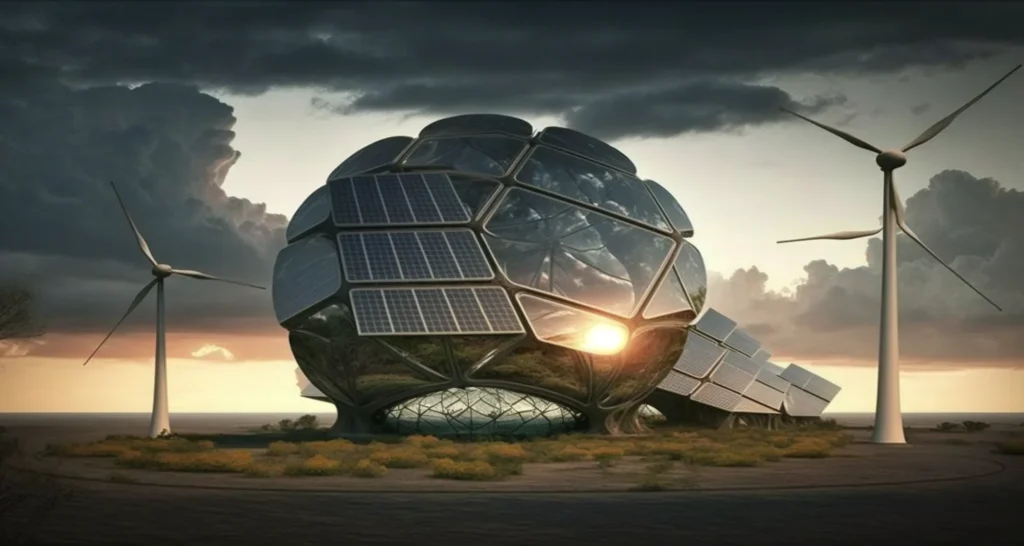Co-Founder Blue Label Labs, an award-winning product strategy, design, and development agency based in NYC. Bobby Gill is Blue Label Labs’ Chief Architect and he is responsible for the overall technical design of all Blue Label products, ensuring our products are built to be secure, scalable, and built to the highest industry standards.
What is your opinion about the direction of Smart Cities and the smart technology market soon? What kind of smart technology has the biggest potential to succeed from the global perspective? Why do you think so?
Smart cities have the potential to radically change the world, or at least that’s what the pamphlets say.
The most important task will be adopted which isn’t as simple as just putting something out there and expecting people to flock because it’s smart. Smart technologies need to be engaging while producing value and it all starts with trust. From there, anything that can safely make an average user’s day a little easier securely will have a chance to succeed.
What City in the world should be taken as an example of the Smart City. Why do you think so?
A smart city isn’t a one size fits all solution – what works in Copenhagen or Seoul (both excellent examples, by the way) may not go over so well in your neck of the woods.
I think that for that kind of success to take off in the US, there has to be some level of trust with the entities that will implement and maintain these technologies. For this to happen, transparency needs to be in place from the beginning.
What are the usual technologies implemented in the most developed cities? What value gives this technology to citizens?
One of the things we don’t talk about as much is software and IoT devices used in major systems like wastewater drainage and treatment as well as for environmental analysis as you see in Brisbane, Australia.
Perhaps one of the most important areas that we see an adoption of smart city tech is in public transportation. Making sure all walks of people can get from place to place in an environmentally-friendly fashion is said to be the backbone of successful cities. Not to mention, this is a great starting point as a good system can pay for itself and be useful in collecting data that engineers can use to make magic (and roundabouts) happen in a city near you.
What are new technologies becoming more popular these days? Can you mention a few city features that impressed you during the last few years?
Going back to the water treatment and management example, New York has an incredibly sophisticated system for its dense population. We don’t think about it but there are some hideous examples of what happens when sewer systems fail in megacities. Research the issues with the sewer systems in Dhaka, Bangladesh day on an empty stomach.
What should be “a must be” technology available in every “Smart City” located in Europe? What are EU cities’ specific parameters compared to Smart Cities in Asia?
As trust is key to the best outcomes, cities in the EU need to first be transparent about their efforts. I’m not too sure about all the specific parameters but I know that from a security standpoint, unbridled collection of personally identifiable data probably won’t go over so well.
To help combat these kinds of things, providers need to think about how to strip identifiers from data so it can be used as safely as possible. You also have to be able to prove this to the public.
Are people changing based on new technologies coming on the market? Or is it a technology that is changing based on people’s needs?
It’s both. This is a central part of proper, iterative development: you learn and adapt by analyzing feedback and data. Sometimes, people will think they want something but data will reveal other opportunities whereas other times, you’ll see benefits by meeting the status quo with something that just works.
How technologies change our daily life? Can technologies make the world better? What should be an innovative manner that makes people’s lives more comfortable?
Mobile ordering apps like we’ve developed for Cirque Coffee and more popular platforms like DoorDash can eliminate the time it takes to make a meal or go pick something up. I feel that a lot of people use these platforms because it’s so easy, which can be a clutch when time isn’t on your side.
What inventions will change the world during the next 15 years? Have you read or seen some features that impressed you in the past few years?
Seeing gallium nitrate processors enter the mainstream market would be interesting but the world isn’t quite ready.
Other than sci-fi examples, I think the broader implementation of scalable, forward-thinking technologies that we have available right now will be the biggest catalysts for change.
What can be the motivation of politicians or particular city representatives to develop a plan to make their cities smarter? Smarter in the meaning of infrastructure, technologies, culture, or an environment-based manner?
Ideally, different systems should make processes more efficient and/or safer, both of which translate to better bottom lines.
Does your Company produce technology or solutions that are implemented in Smart Cities? How can this implementation improve the life of people?
Yes. We helped develop Delve with the Google Company, Sidewalk Labs, which provides an advanced, AI-powered generative design system for planners.
Which technology are your Company’s smart solutions based on? Is the core technology used in the solution your own development, or are you integrate vendor parts into your – complex solution?
There are a lot of moving parts to Delve and its machine learning (ML) capabilities.
How do you see the City’s improvement after implementing your projects/products into the city infrastructure? What are the expected results in the short (2030) and long (2050) term views?
In this case, we were contracted to deliver the front end so we’re not close to the business end. The developer Quintain who used Delve for an urban project on the Northeast side of Wembley Park will likely publish new reports after more progress has been made with the heavy lifting that goes into projects like these.
What are measurable criteria by which you track the performance of your solution? What do you measure, and what parameters do you evaluate?
There’s an immense amount of data that’s collected and assessed for every product but what’s arguably most important is that your user base is steadily growing.
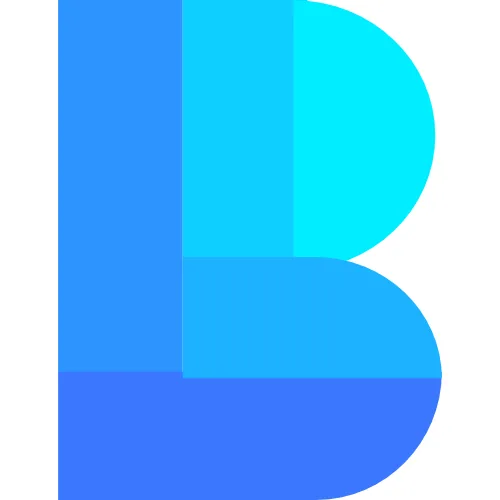
Blue Label has been recognized as one of the best US-based product strategy, design and development agencies that build and transform your business or product innovation. Make bolder choices and uncover transformative change with customer-centric and truly user-validated digital products.
More about Blue Label


